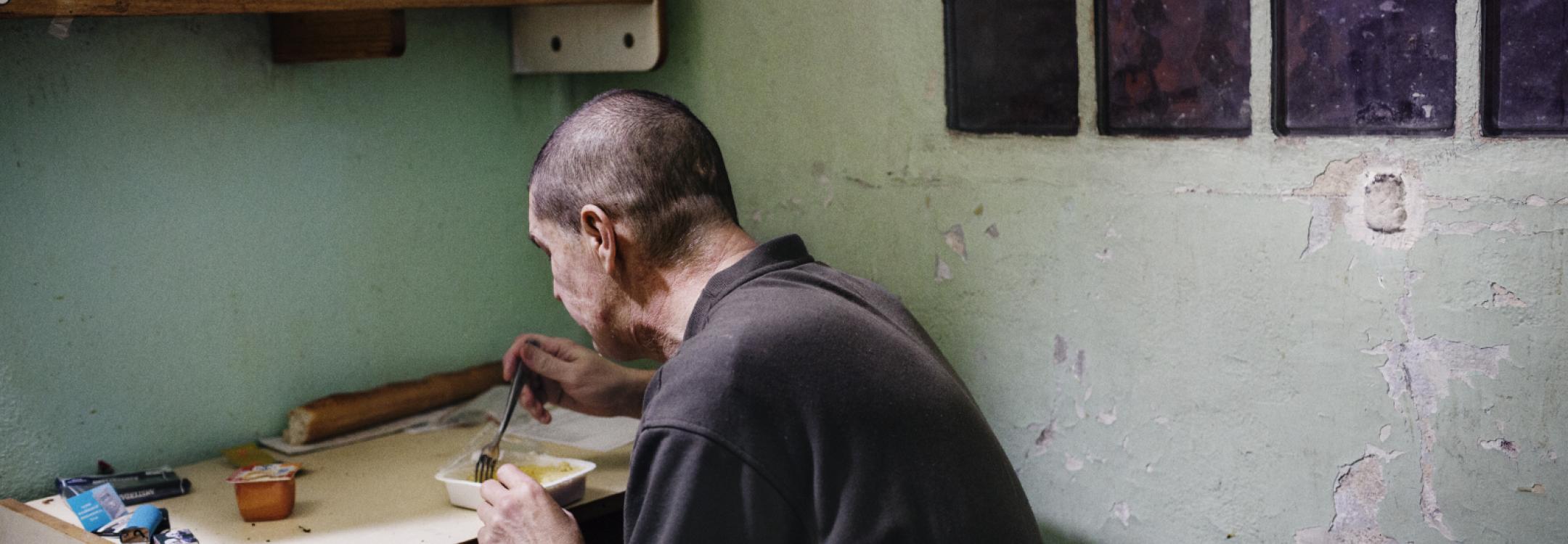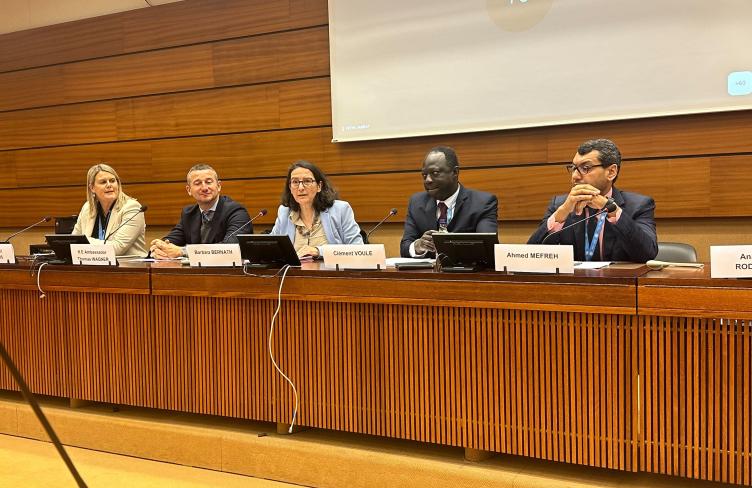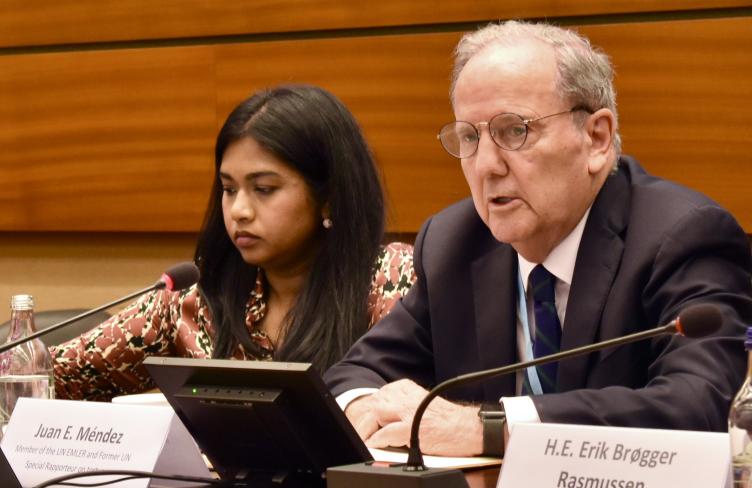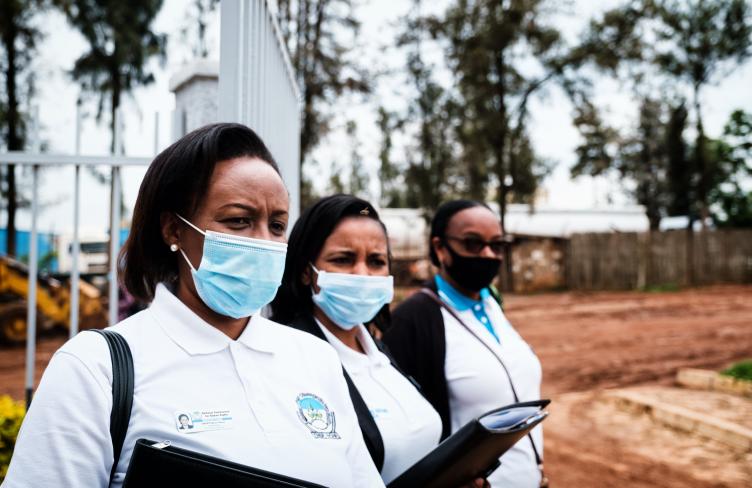
The main action on torture prevention at the 24th session of the Human Rights Council, which drew to a close last week, was the adoption of several resolutions.
For the first time, the human rights of persons deprived of their liberty are highlighted in the resolution on human rights in the administration of justice, including juvenile justice (A/HRC/24/L.28). In the resolution, submitted by Austria, the Human Rights Council calls on States to take a number of concrete actions, including measures to prevent abuses. The Council takes on detention conditions by calling on States to address and prevent detention conditions that amount to torture or other forms of ill-treatment. This is an explicit recognition by the Human Rights Council that States must take action, not only to fix appalling detention conditions, but also to prevent them from developing in the first place. The Council singles out overcrowding in detention by encouraging States to take effective measures such as providing access to legal aid and using alternatives to pre-trial detention and custodial measures.
The Council also urges States to work to reduce pre-trial detention, which is a time when detainees are at particular risk of being tortured in order to extract a confession. The resolution also underscores the critical role of core procedural safeguards in protecting the rights of detainees by calling upon States to provide all persons deprived of their liberty with prompt access to a lawyer and to a court to challenge the basis of their detention.
The Human Rights Council will hold its first ever panel discussion on the protection of the human rights of persons deprived of their liberty during its 27th session (September 2014). The resolution was adopted by consensus.
Role of prevention
The resolution on the role of prevention in the promotion and protection of human rights (A/HRC/24/L.14) a joint effort of Hungary, Maldives, Morocco, Poland, Ukraine, and Uruguay that was also adopted by consensus, underscores the importance of prevention as part of the promotion and protection of human rights. While the resolution does not address the prevention of torture specifically, the Council stresses that States should “promote supportive and enabling environments for the prevention of human rights violations” and sets out a number of actions for States to take to do so.
The resolution announces that the Human Right Council will hold a panel discussion at its 27th Session on the role of prevention in the promotion and protection of human rights.
Reprisals against human rights defenders
In the resolution on cooperation with the United Nations, its representatives and mechanisms in the field of human right (A/HRC/24/L.17 Rev.1) the Human Rights Council “urges all States to prevent and refrain from” intimidation and reprisals against persons who have cooperated with or provided information to the United Nations, its representatives and mechanisms in the field of human rights.
While the resolution does not specifically mention persons deprived of their liberty or victims of torture, it certainly covers situations in which they face intimidation or reprisals for interacting with United Nations human rights mechanisms or treaty bodies. For example, the Subcommittee on Prevention of Torture and the Special Rapporteur on Torture routinely visit places of deprivation of liberty and speak with detainees who may need protection from intimidation and reprisals after the visit. In addition, a detainee may manage to submit an urgent appeal to the Special Rapporteur, or an individual communication to a UN treaty body concerning human rights violations he or she suffered at the hands of the police or in detention. The resolution also specifies that States should prevent reprisals against relatives of victims, people who provide assistance for the purpose of accessing UN procedures and their relatives.
The Council urges States to ensure “impartial, prompt and thorough investigation of any alleged acts of intimidation or reprisal”; “to provide access to effective remedies” and to “prevent any recurrence”. This resolution was adopted by a vote of 31 for, 1 against and 15 abstentions.
For now, the best way to find the resolutions is to look under “draft resolutions and decisions” on the Council’s website.


